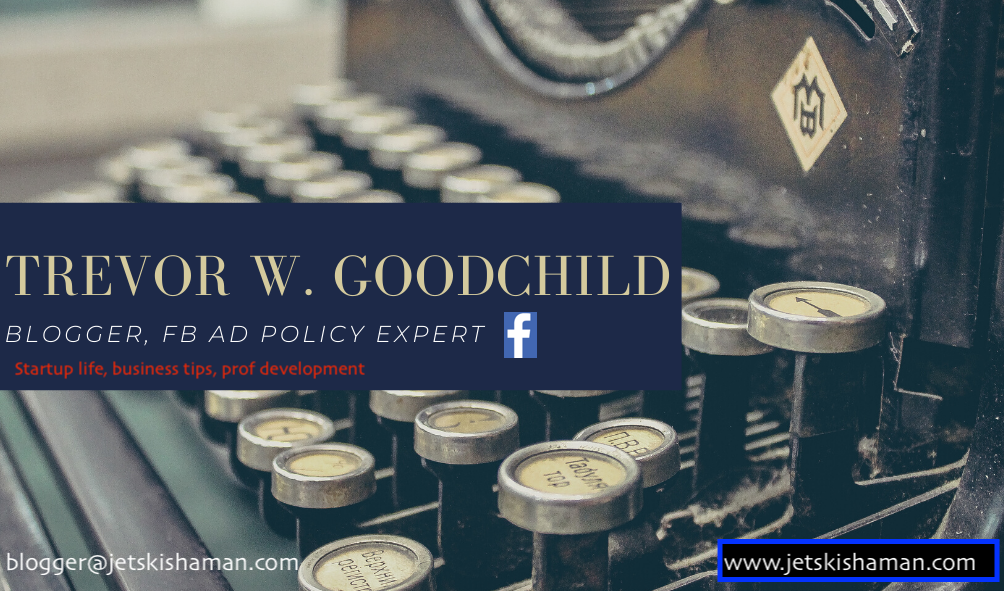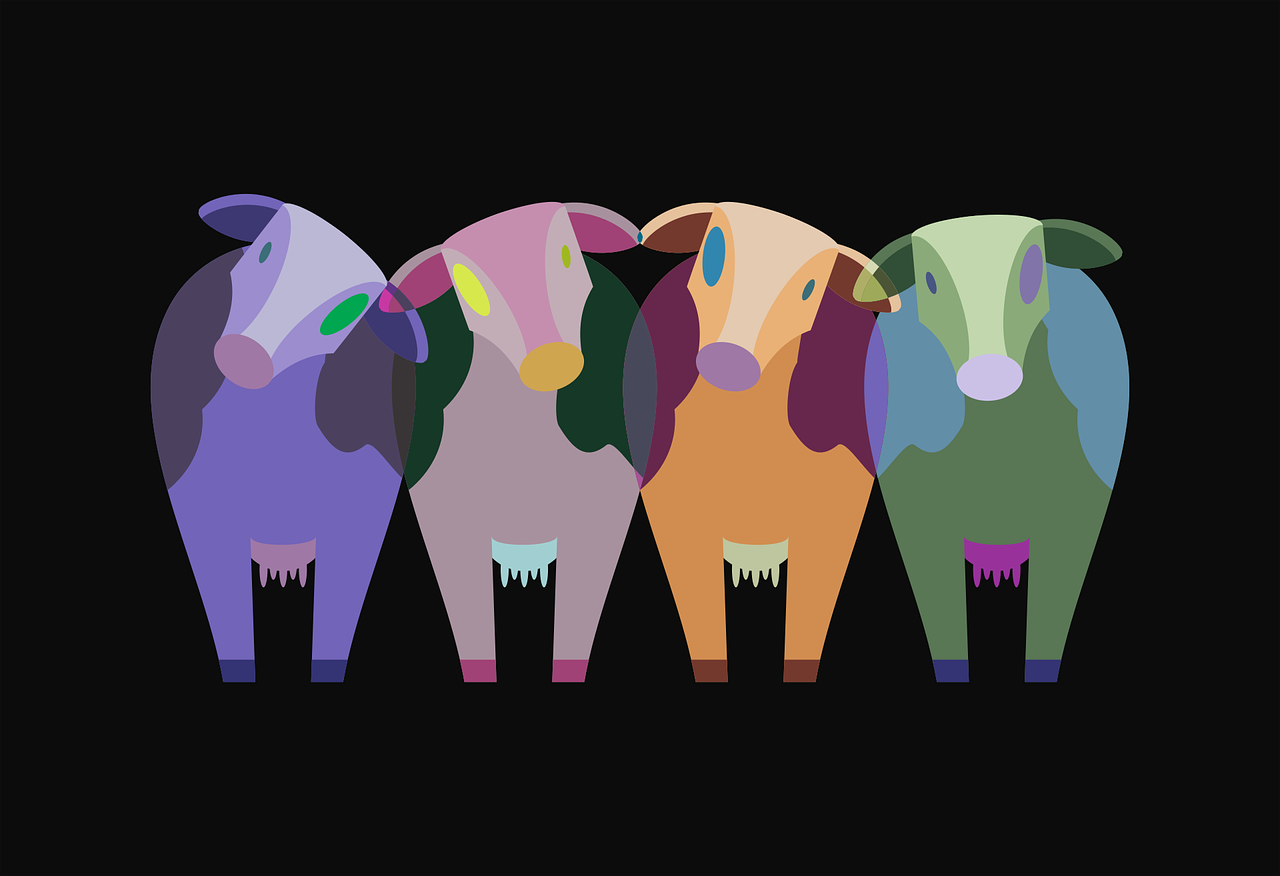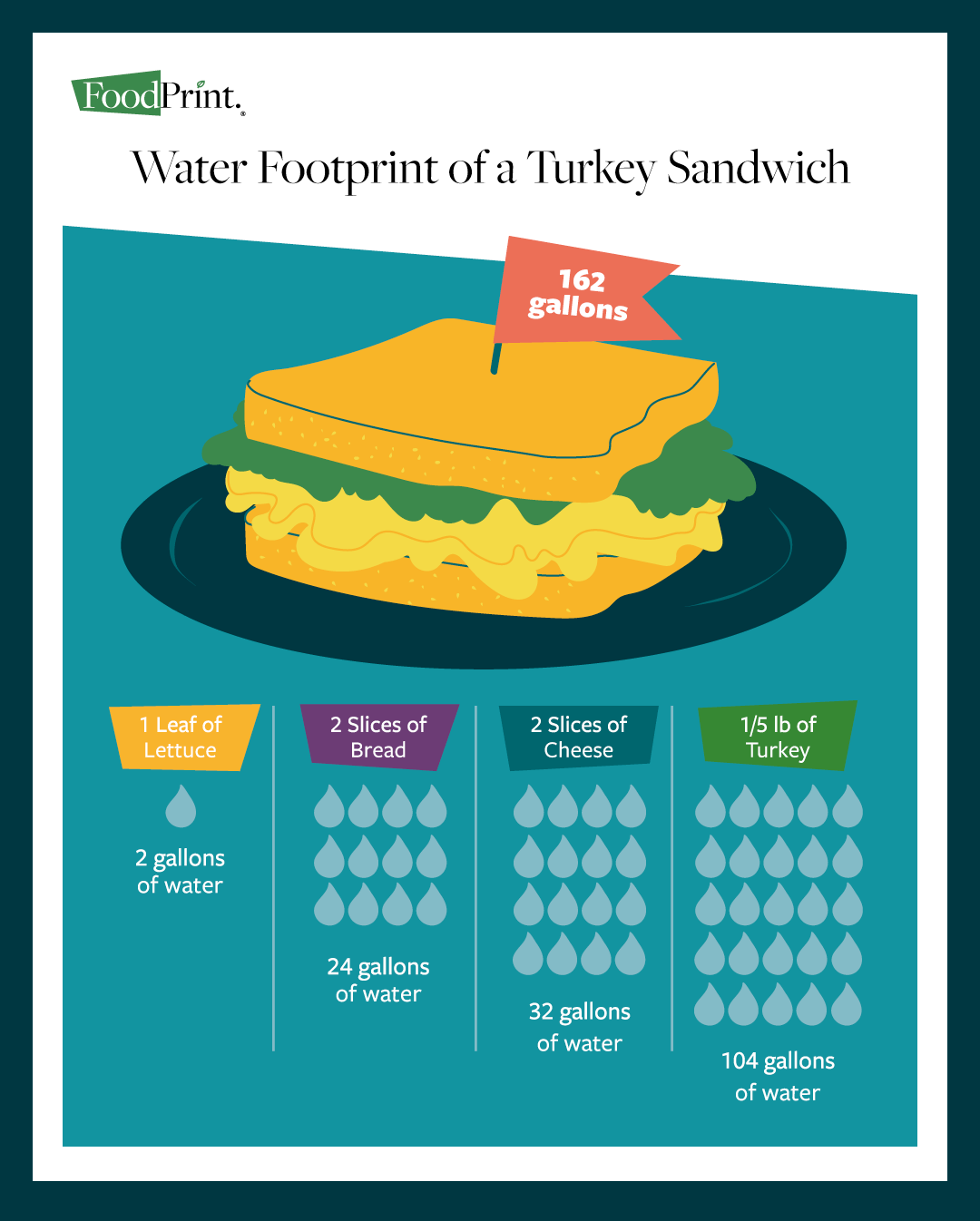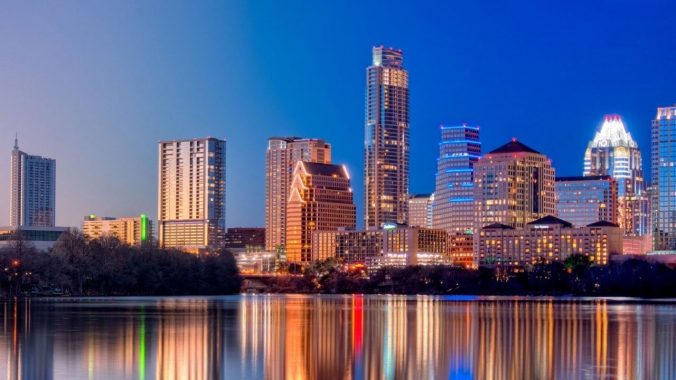While the incredible developments in Cellular Architecture are paving the way for the future of biotech, another company is tackling deforestation on a whole new level.
Dendra, formerly known as Biocarbon Engineering, has developed a system of drones that replant trees. They received 2.5 million in funding with some promising projects on the way.
But first, let's examine why cutting down millions of trees everyday is worth investigating solutions to. What are the real effects of clear cutting forests?
Deforestation has side effects that many are not aware of, and it is a rampant issue today that is degrading the biome we rely on to survive.
It's not good for business when your business is located on a river delta that's getting deforested and your mangrove trees aren't there to break the wind and rain if a hurricane or cyclone hits.
Did you know the Amazon actually puts water into the atmosphere? The rainforests pump something like 20 billion tons of water into the atmosphere daily. This means less forests = more drought.
More drought means more massive migrations from coastal cities into inner urban areas, which means higher rents, less capacity and options for when you want to pick out your new house and a huge strain on basic resources for every city that coastal city refugees flee to.
This may mean increased profits for the real estate sector but everyone else will have to also deal with artificially inflated mortgage rates and scarcity.
Deforestation releases more CO2 than cars which average 14% of all carbon emissions, while deforestation contributes to 15% of carbon emissions. This is because when trees are cut down they release the CO2 they were storing back into the air.
Drought, increased green house gasses, erosion, less protection against cyclones and flooding (trees stop floods from over taking a field) - clearly the cons outweigh the pros.
But there is some nice innovation in drone technology that will help remedy the loss of trees.Let's dive into what Dendra is doing with drones and deforestation.
The Dendra system uses satellite and drone-collected data to find out the best location to plant a tree. The planting drones then fire a biodegradable seedpod into the ground with pressurized air at each predetermined spots.
The speed these are fired is around 120 seedpods per minute. The seedpods are filled with a germinated seed, nutrients, and other vital components.
These penetrate the ground, and, activated by moisture, will grow into healthy trees.
What kind of numbers are we talking about for the amount of trees that can be planted?
Two drone pilots, piloting 10 drones can plant 400,000 trees per day. If this was expanded to 400 teams then planting 10 billion trees each year would be feasible.
There is more than one company out there making waves in this field, Droneseed is another one also using Drone tech to 10X tree planting abilities.
Flash Forest as Newsweek reports, is also using drones to replant forests and combat the increased carbon in our atmosphere due to deforestation. Their drones shoot vessels into the dirt.
Each vessel contains three germinated seeds as well as other species which support the area, a fungus called mycorrhizae which helps plants to develop, fertilizers, and other "secret" ingredients.
Are you an Angel Investor? Perhaps you may want to invest in one of these companies on the cutting edge of reforestation. Here's Flash Forest's kickstarter page.
What other promising companies helping with deforestation have you heard of?

. . .
Enjoyed this blog?
Signup here to get updates on new startup blogs.
Is Facebook not explaining why the disapproved an ad?
I worked at FB for years and offer FB Policy Consulting here
Available for freelance writing and guest posting on your blog: [email protected]












